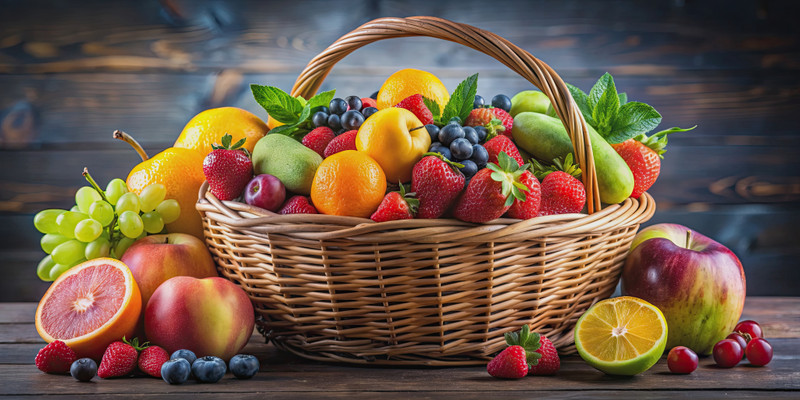“Antioxidant” is one of those healthcare-related buzzwords you probably hear a lot and vocalize a lot without really having a firm grasp of how antioxidants work and just how much they can protect your health.
Today we are going to help make you better informed about antioxidants, to include explaining what they do and how they benefit your health. For the sake of expediency and your true reading enjoyment, we’re going to tout a few antioxidant natural remedies here and then leave it to you to decide which one(s) you might want to choose while addressing any health concerns and benefits you have or are seeking, respectively, that should involve an antioxidant.
What Are Antioxidants, and How Do They Work?
If you believe you are eating at least somewhat healthily, consistently touching all major food groups while watching your intake of calories, carbs, and sugar, you are likely ingesting lots of natural antioxidants without even knowing it. That’s very good
Antioxidants come with a slew of health benefits, which we will get to in a little bit here. Antioxidants are available in a variety of types, such as enzymes, vitamins, and minerals (not to be confused with gem stones). It’s important to know that not all antioxidants are the same: each one has chemical behaviors and biological characteristics unique to themselves.
Antioxidants’ main activity once inside you is to protect your body from damage-inducing free radicals. This is known as fending off oxidative stress, a condition in which your body has an excess of free radicals roaming about looking for trouble when insufficient antioxidants are available to neutralize them.
Free radicals described here are not hippy activists who work for no pay, but in this context are unstable molecules that can impair cells and tissues by robbing electrons from other molecules. These free radicals can be sourced from a variety of influences to include normal metabolic byproducts in your body or external sources such as air pollution or smoke (like when you burn leaves in your yard, now illegal in many places).
8 Awesome Antioxidants That Are Natural Remedies
Alpha-lipoic acid (ALA): This is often referred to as a “universal antioxidant” because not only is it a robustly-acting antioxidant but it is both fat-soluble and water-soluble. That means it is highly adaptable to operating in just about any part of the body. ALA fills a mitochondrial role by promoting healthy cellular activity while protecting against oxidative stress.
Vitamin C: One of everyone’s favorite anti-viral supplements, especially when it comes to fighting off colds, is vitamin C, although it also performs other beneficial health functions as an antioxidant. For instance, C can nullify certain types of damage-inducing molecules created while digested food is being broken down or when the body is exposed to harmful agents such as radiation or tobacco smoke.
CoQ10: CoQ10 is short for “coenzyme Q10,” an antioxidant produced naturally by your body but whose levels have been shown to tick down as you age, making supplementation important to maintain its availability at sufficient levels. Its benefits include cardiovascular health and the manufacture of cellular energy.
Glutathione: This naturally occurring antioxidant consists of three different amino acids. This is a different kind of antioxidant that can best be described as an antioxidant for other antioxidants, assisting them into getting back to their active selves battling free radicals and contributing to detoxification cleanup in the body.
Manganese: Manganese is a trace mineral the populates your body in tiny amounts, but it plays an oversized role as an antioxidant. That’s because it is a key piece of superoxide dismutase (SOD), an antioxidant enzyme that can put a big hurt on free radicals.
N-acetyl-L-cysteine (NAC): This is another potent antioxidant that in addition to performing the core antioxidant function of fighting free radicals, has also shown a propensity to promote liver health and aid in the support of cellular glutathione levels.
Resveratrol: Resveratrol belongs to the class of compounds known as polyphenols. It’s also interesting to note that as a natural antioxidant it can trigger signaling pathways and in the process diminish oxidative stress. For good measure, resveratrol can also boost good cholesterol (HDL) and lower bad cholesterol (LDL).
Selenium: This trace substance has the capacity to benefit your health in many ways, one of those being in the area of preventing the kind of oxidative stress connected to disease and aging. We just knew there had to be an anti-aging angle, finally, mentioned somewhere in this blog. Now you have it.
There are many other antioxidants available in the wide-ranging market of vitamins, supplements, herbs, and other nutrients, but these eight should give you a good start in finding one most suitable for you and your needs. Just be sure to discuss the use of any of these with your personal physician before beginning a course with any of them.

